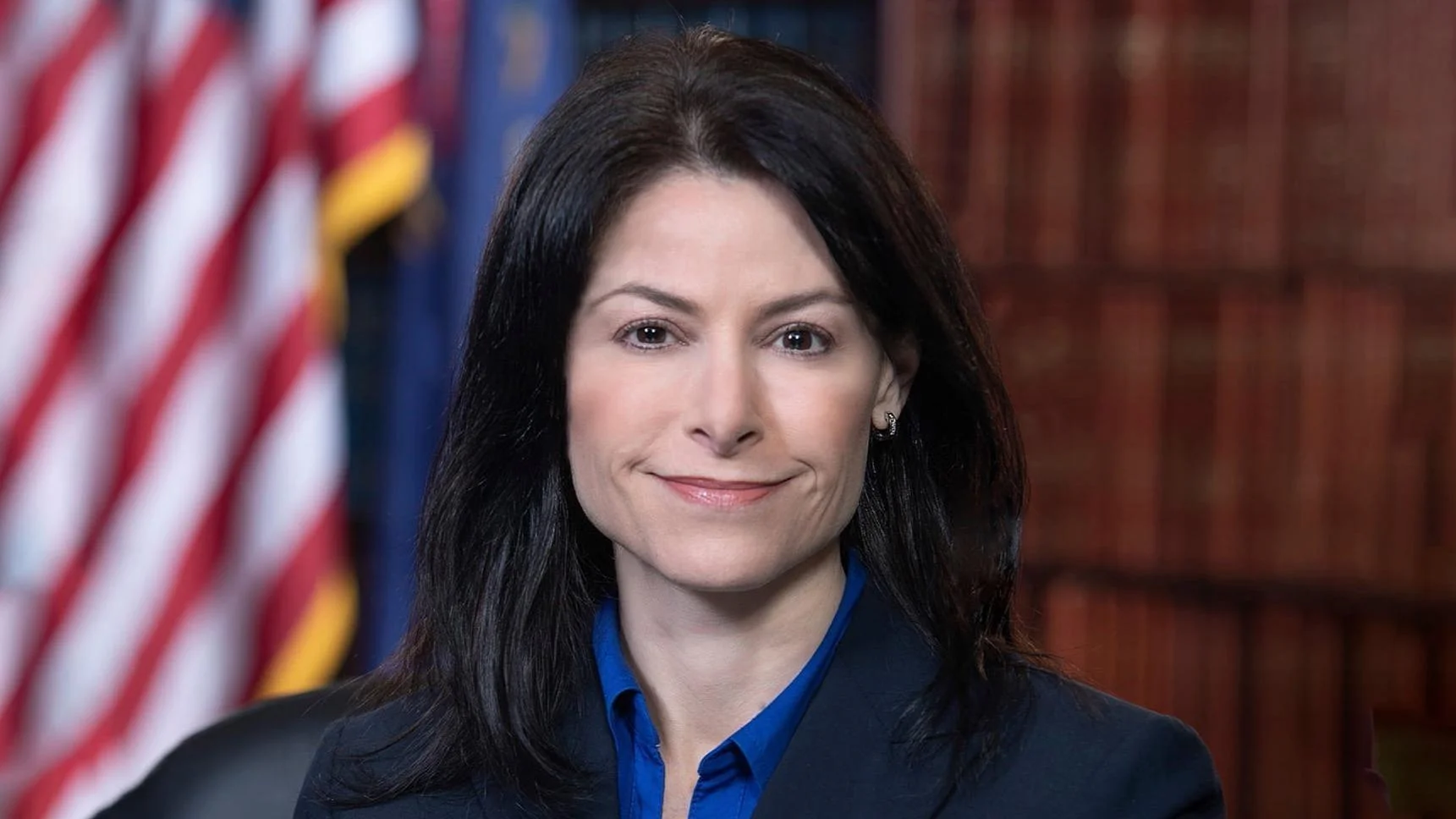Dana Nessel, Attorney General of Michigan | www.facebook.com
Dana Nessel, Attorney General of Michigan | www.facebook.com
On Friday, the Michigan Supreme Court declined to hear an appeal from Jack Burkman and Jacob Wohl regarding criminal charges against them for alleged voter intimidation. The decision was announced by Michigan Attorney General Dana Nessel.
In December 2024, the Michigan Court of Appeals upheld the charges and affirmed a circuit court's denial of their motion to quash. "I am pleased that the Michigan Supreme Court refused to entertain further delay tactics by denying to hear this appeal," said Nessel. "Voter intimidation is a direct attack on the fundamental right to vote, and I look forward to finally bringing this matter to trial."
The charges stem from a series of robocalls allegedly orchestrated by Burkman and Wohl in October 2020. These calls aimed at suppressing votes in Detroit during the 2020 general election, particularly targeting predominantly Black voters with false claims about voting by mail.
The robocalls were attributed to Burkman and Wohl, who were described as founders of a "civil rights organization" named "Project 1599." The message urged recipients not to be "finessed into giving your private information to the man. Stay safe and beware of vote by mail."
Burkman, 57, and Wohl, 25, face several charges including election law violations and conspiracy. They are accused of using computers to commit these crimes. Both men are residents of Virginia.
The Attorney General alleges that they attempted to discourage voters through robocalls made in late August 2020, which reached nearly 12,000 residents in Detroit.
After formal charges were filed, both men were bound over for trial. They filed motions in circuit court and later appealed to higher courts but were unsuccessful at each stage.
Following the latest ruling from the Michigan Supreme Court, Attorney General Nessel looks forward to proceeding with a trial.
Please note: For all criminal proceedings, a charge is merely an allegation. Defendants are presumed innocent unless proven guilty.






 Alerts Sign-up
Alerts Sign-up